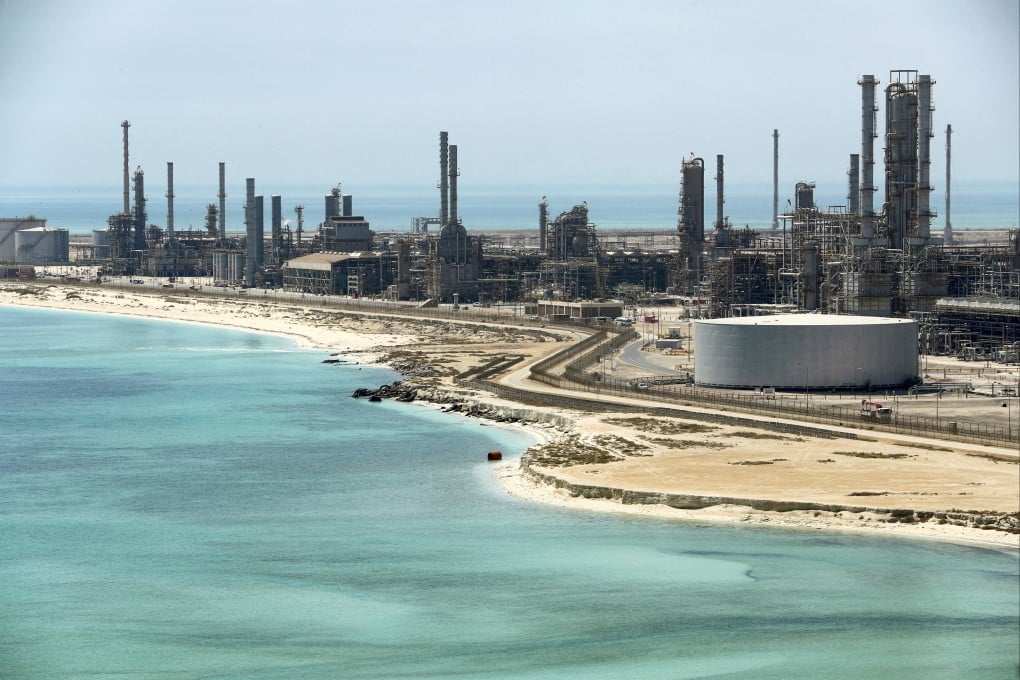Is US-Saudi row giving China a chance to expand its role in Middle East?
- Saudi Arabian foreign minister says kingdom is preparing for a visit by President Xi Jinping
- Fallout from Afghanistan withdrawal left many questioning US credibility in security partnerships

Strengthened ties between China and countries in the Middle East, with President Xi Jinping reportedly set to visit Saudi Arabia and attend summit meetings with regional leaders after securing a third term as Communist Party general secretary, have raised the prospect of China stepping in as the US pulls back from the region.
Xi’s anticipated visit was announced by Saudi Arabian Foreign Minister Prince Faisal bin Farhan after a virtual meeting with Foreign Minister Wang Yi on Thursday, but it has yet to be confirmed by Beijing.
Many observers saw the decision as a slap in the face for the US amid increasing tensions between Washington and Riyadh over issues ranging from human rights to Iran’s nuclear programme. Some said deteriorating ties with Saudi Arabia could see Washington lose influence in the Middle East to China, as seen in recent interactions between Beijing and Riyadh.
